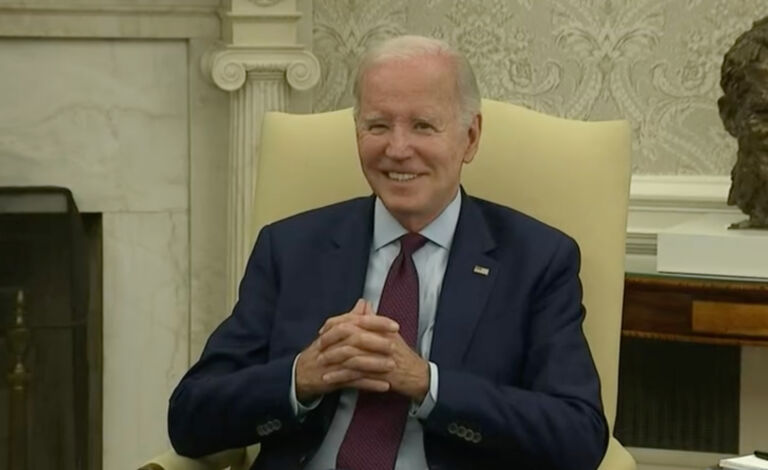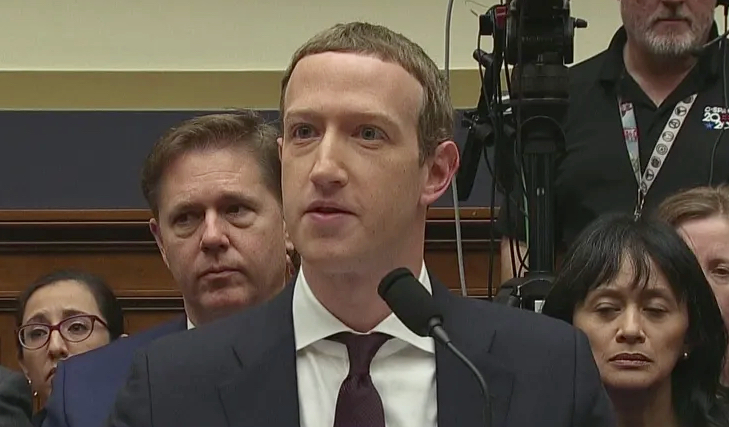Margot Cleveland of the Federalist focuses on an important ruling from a federal appellate court.
Last week, while the press drooled over the president’s ice cream selection, the Sixth Circuit Court of Appeals in Vitolo v. Guzman declared unconstitutional the Biden administration’s race-based approach to distributing COVID-relief funds.
While Vitolo only addressed the race- and sex-based reverse discrimination in the American Rescue Plan Act of 2021, the precedent could prove fatal to many other federal and state statutes, regulations, or practices, leaving the Biden administration with a difficult choice: accept defeat in Vitolo and risk a domino effect, or appeal and face an even more unpalatable decision from a newly comprised Supreme Court.
In passing the American Rescue Plan Act of 2021 (ARPA), Congress created a $28.6 billion fund for grants to restaurants impacted by the “uncertainty of current economic conditions.” But rather than provide Americans access to these funds equally, Congress expressly mandated race- and sex-based discrimination in doling out the money.
Specifically, the ARPA provides that during the “initial 21-day period in which the Administrator awards grants,” the Small Business administrator, who is currently the named defendant Isabella Casillas Guzman, must “prioritize grants to . . . small business concerns owned or controlled by women,” veterans, or “socially and economically disadvantaged small business concerns.” …
… Notwithstanding the statutory definitions that appear to create a need for an individualized assessment of whether a person is socially or economically disadvantaged, the Small Business Administration (SBA) promulgated regulations that focus solely on the race of applicants, declaring black Americans, Hispanic Americans, Native Americans, Asian Pacific Americans, and subcontinent Asian Americans all presumptively “socially disadvantaged.” …
… Vitolo filed an emergency appeal with the Sixth Circuit Court of Appeals, seeking an injunction pending further proceedings. On Thursday, in a split 2-1 decision, the federal appellate court granted Vitolo’s emergency motion and enjoined the SBA from using the race- and sex-based criteria in processing Vitolo’s application.


